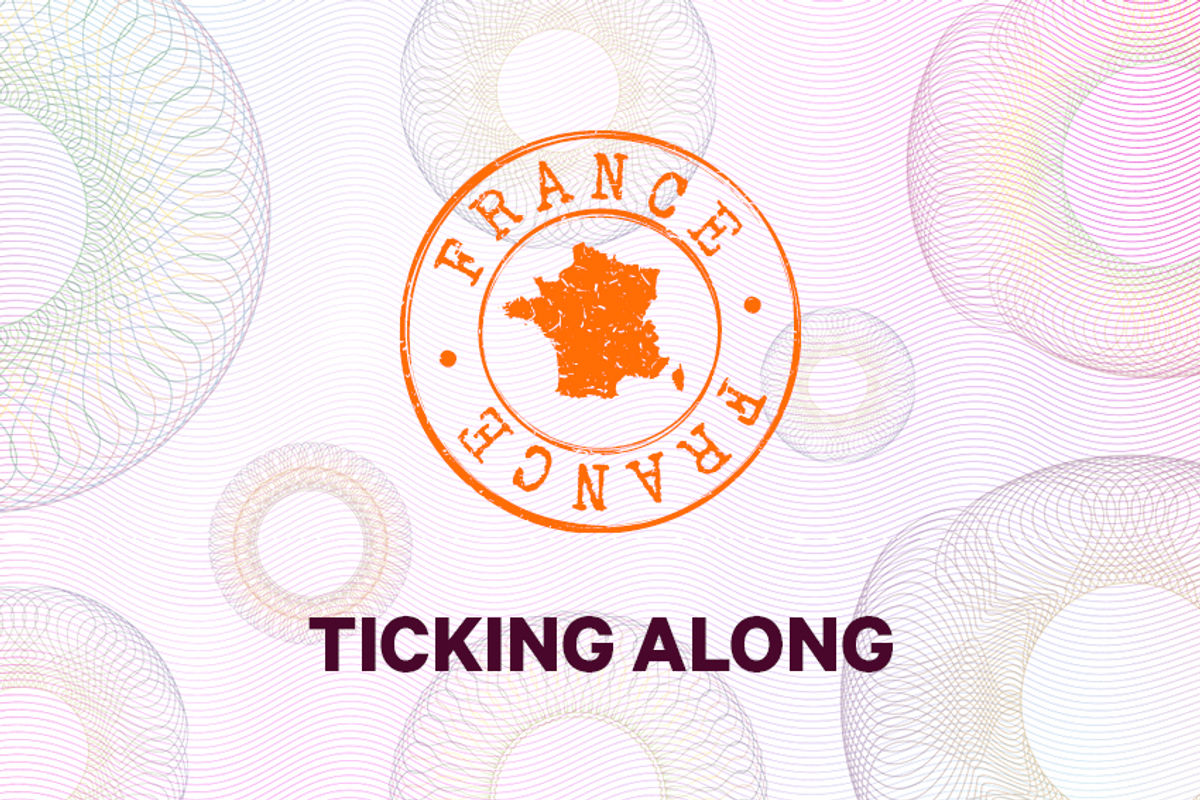Travel
Ticking along: France analysis

When the pandemic struck, business travel leaders were worried about the long-term impact. Sébastien Bazin, the CEO of French hotel group Accor, told analysts at the presentation of its 2023 financial results, “I said we would lose 25 per cent of business travellers. Well, I was wrong.”
In fact, he was too pessimistic and business travellers have returned – and in numbers. The hotel group, which counts Sofitel, Novotel and Pullman among its many brands, made more than €1 billion in earnings for the first time in its history, with premium and midscale hotels doing particularly well.
French hotel rates have gone up sharply in 2023 which have helped Accor and other hotel groups. In Paris, the average daily rate increased 10.4 per cent on 2022, according to the 2023 Hotel Industry Trends Report from MKG Consulting and CDS Groupe. The hike in prices has been driven by the return of international tourists and the hosting of the Rugby World Cup which has put pressure on occupancy, leading to higher corporate rates.
The French capital is the most expensive city in Europe, in three, four and five star hotels, the report found. Average rates are up in business cities across France, not just Paris. In Lyon, rooms cost 13.9 per cent more in 2023 than in the previous year. French travel buyers will certainly pay more in summer 2024 when Paris hosts the Olympic and Paralympic Games.
It is not just hotels which have enjoyed a good year. In its full-year financial results, Air France also welcomed the return of business travellers, saying that the load factor in premium cabins was ahead of 2019 in every quarter. Revenues were up by 14 per cent and the airline made €1.7 billion in profits, up 44 per cent on the previous year.
The airline group said that it was making clear progress on sustainability issues. One fifth of its fleet are now ‘new gen’ aircraft and the group is using 16 per cent of the world’s supplies of sustainable aviation fuels against 3 three per cent of global jet fuel consumption.
The airline has still not bitten the bullet when it comes to introducing GDS surcharges for business travel agencies which are intended to drive adoption of NDC technology. Originally scheduled to be introduced in September 2022, they were postponed until 31 March 2023 and then 1 January 2024 and, most recently, their introduction has been postponed until 1 January 2025.
Henri Hourcase, the group’s director for France told trade publication L’Echo Touristique: “We want to further improve the interfaces and after-sales for travel agencies. We still need to resolve issues on these issues, which justifies taking a little more time”.
Rail travel bounced back in France too. SNCF saw its revenues grow by 5.4 per cent to €41.8 billion and profits amounted to €1.3 billion – less than in 2022 but still healthy.
SNCF said in its annual report for the year: “2023 was marked by a strong return to the train for leisure and business travellers, with business travel returning to pre-Covid levels… the TGV occupancy rate exceeded 80 per cent, with 40 per cent of them fully booked, and almost the entire TGV fleet (364 trainsets) on the rails.”
Overall, the Global Business Travel Association said it expected French business travel spending to grow by 28 per cent during the year to some US$42 billion (€38.7 billion), making it the sixth biggest market in the world.
EPSA, which produces an annual barometer on business travel, had a lower forecast of €28.5 billion, around 95 per cent of pre-Covid values. Launching the barometer, EPSA associate director Christophe Roth told Tourmag that “Demand, down 20 per cent, is almost offset by strong inflation, of 15 per cent.” Roth expects 2024 spend to be between €29.2 billion and €31.3 billion.










